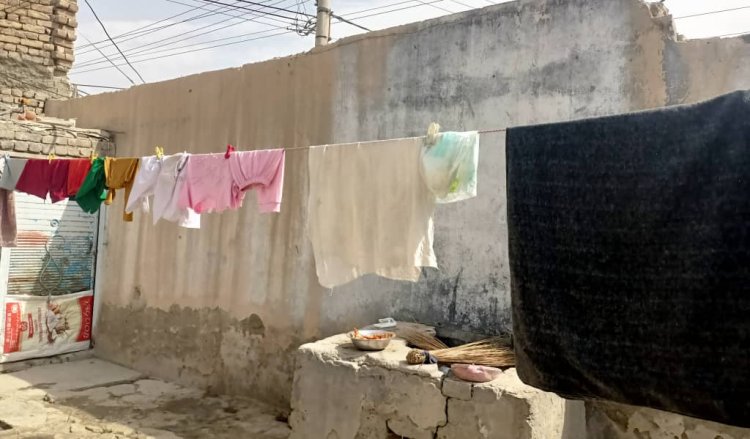Former Teacher: “I Survive by Washing People’s Clothes”

Anista, a 40-year-old woman, worked for nearly 20 years as a teacher at Zahra High School for Girls in Kabul. But about a year ago, the Taliban forced her into what they called “retirement.”
As the head of her household—her husband passed away six years ago—Anista says she once relied on her teacher’s salary to pay rent and cover the needs of her five children. Now, she is left with no choice but to wash clothes in people’s homes to make ends meet.
“I have four daughters and one son,” she says. “Since I was retired, I have no other way to provide. I wash people’s clothes. I’ve applied several times for my pension, but nothing has come of it.”
She now lives in a rented house on the outskirts of Kabul, where her struggles grow worse each day. “Even if I wash clothes all day, I can’t earn more than 200 Afghanis (about $2.30). That amount doesn’t even cover the rent. So how can I pay for food and other basic needs?”
Anista adds that the lack of steady income has pushed her into debt, and she has even been forced to sell household items at the market. “A pension is a teacher’s right,” she says. “It is money saved from years of service. If they paid us our pensions, our lives would at least be somewhat manageable.”
According to her, dozens of other teachers face the same problems. Without pensions or alternative sources of income, their lives are growing harder by the day.
Afghanistan’s economic crisis has worsened since the suspension of U.S. aid, leaving the Taliban with severe budget shortfalls. In response, Taliban leaders have implemented policies of downsizing government offices and enforcing mandatory retirements.
Figures from the Taliban-controlled Ministry of Finance show that nearly 149,000 retired individuals are registered with the ministry, of whom around 10,000 are women.
